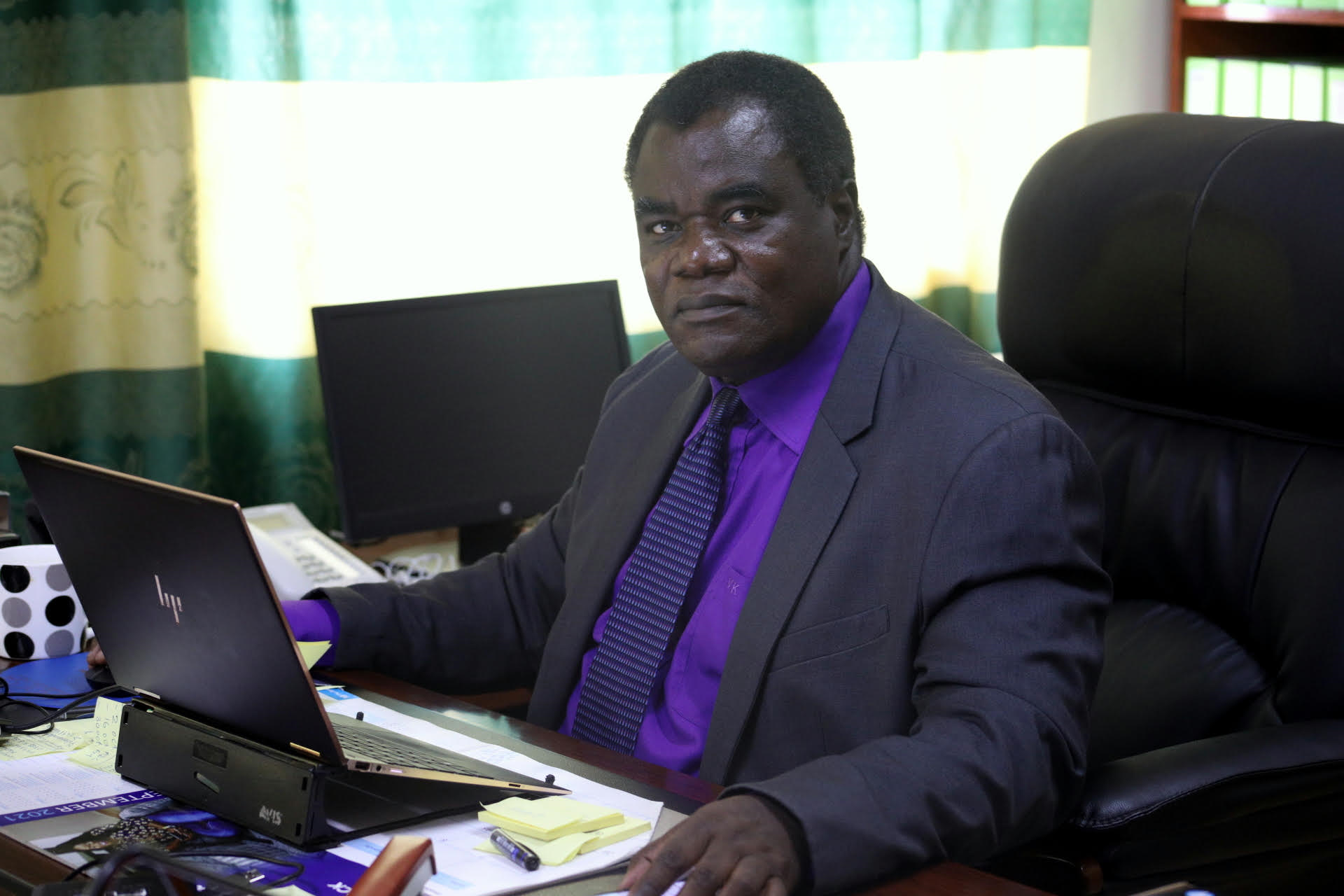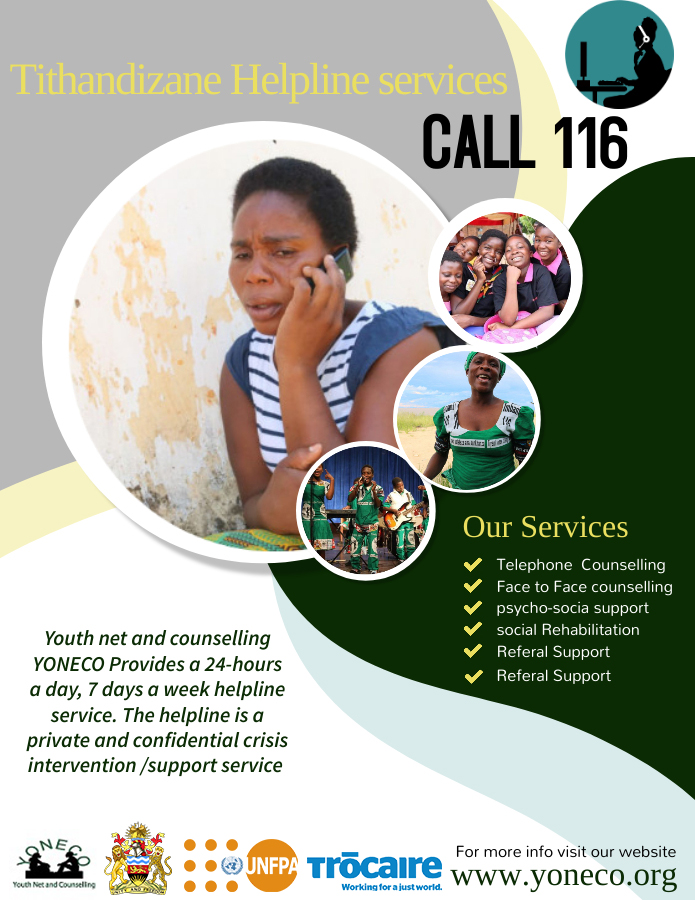We begin our entry into 2025 with a sad reality that Malawi registered 1,487 births on 25 December 2024. If this number were to be consistent throughout the year, it signals that the nation’s population could soon be out of control. We are already struggling to produce sufficient food, supply clean water, provide medicine for the sick, and ensure adequate teachers, teaching materials and suitable learning spaces. Malawi is very small as compared to Zambia, but we have almost the same population. Can the population development unit facilitate teasing out some of the issues that we need to seriously reflect on as a country. The population in light of climate change needs to be seriously reviewed.
We seem to be challenged as Malawi is currently accommodating over 3,000 Mozambican refugees which translates to thousands of people who are in need of food, accommodation, Water Sanitation and Hygiene (WASH) facilities, education, health care and social protection services. With the hunger situation, will Malawi contain the situation? This, when one views it, is a result of tensions that have been tamed and escalated to the current levels. More concerning is the alleged escape of about 6,000 convicted offenders. Their next destination, as they are evading re-arrests, is not and cannot be known but they could be heading to Malawi, and we are not sure of how strong our border checks are. Learning from the 1977 – 1992 civil war in Mozambique, a lot of guns and bullets found their way into Malawi because we were a bit loose on who was going where and with what items. We hope our security teams are on the lookout.
Regulation of any sector is an important component, and we do welcome the regulation from the Non-Governmental Organizations Regulatory Authority (NGORA). Daily Times of December 18 cites that NGO Authority Tough on Partnership. This is a long-awaited regulation on localisation and we do welcome the move. NGORA says all International Non-Governmental Organizations (INGOs) working in Malawi will be required to work with local NGOs. However, do we have a fine print to know how ‘local’ is defined? It is saddening to see the mushrooming of local NGOs that are headquartered in Europe, America etc. The double standards which a good number of INGOs are playing is to simply add Malawi at the end of their institutional names and by doing this, they say they have become Malawian all in the name of evading the requirements of localization.
While this is true of how we define local NGOs, it is important to holistically address localisation. Localisation is about addressing the imbalances and inequalities in the global humanitarian system and Charter for Change has commitments made by the signatories to the charter.
Among others, the commitments include direct funding (25% of the aid should be direct funding to local actors). Additionally, these approaches aim to promote genuine partnerships that are effective and transparent (making public what is being given to local actors). Furthermore, the two concepts further highlight the need to avoid recruitments that would negatively impact on the local actors’ capacity, emphasize the importance of local actors in humanitarian work, and address issues of subcontracting and inequality in decision making. This further means that local actors should be on the tables where decisions are being made, providing robust organisational support and capacity building and promoting the work of local actors. However, we continuously see deviations from these. What we are not sure of is if the toughness NGORA is talking about caters for some of these elements as well. We believe it is not enough because aid has to be decolonised and we need to have clear principles of partnerships and localisation. We hope that this development will revisit the way aid is managed at various levels of management.
We cannot discuss the January 2025 newsletter without reflecting on Cyclone Chido. We hope to appreciate DODMAs leadership which indicated lots of preparedness, awareness raising, prepositioning of the items among others. We need to maintain the momentum and ensure that we are ready within the systems.
As we get into the New Year, we encourage each one of us to reflect on our new goals, new strategies and new approaches.
Happy New Year to you all.


